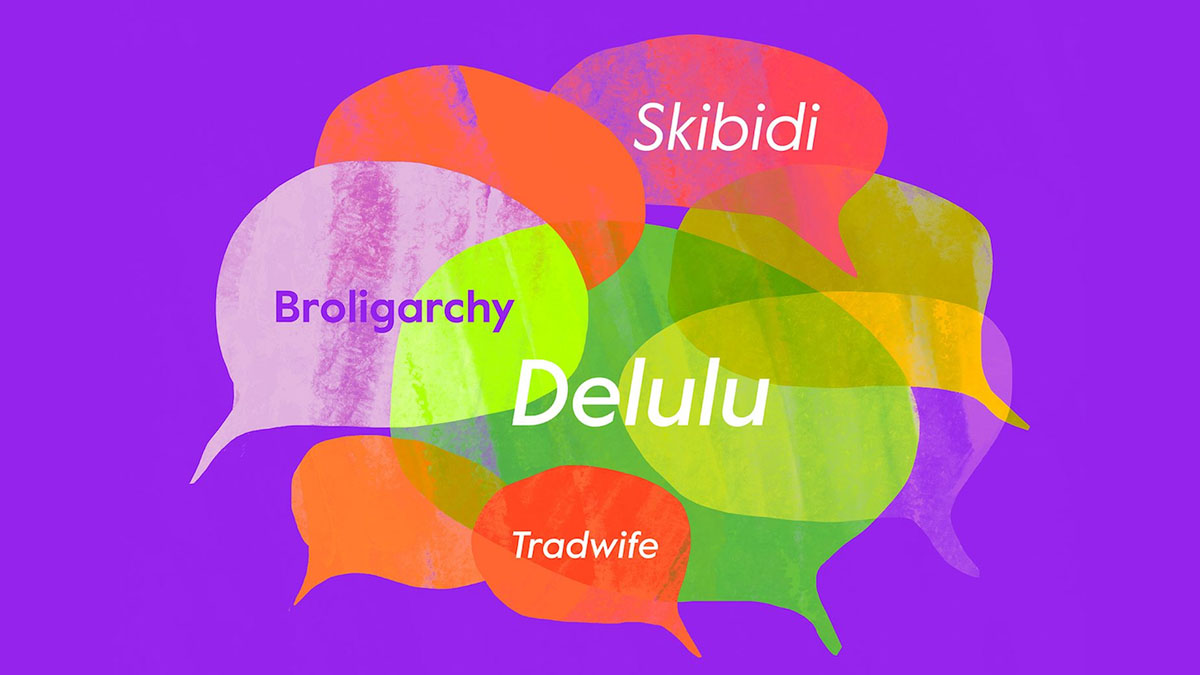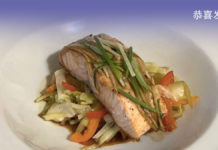The Cambridge Dictionary has added over 6,000 new words this year — many coming straight from TikTok and internet culture. Words like skibidi, delulu, tradwife, and broligarchy are now officially part of English, showing how social media is shaping the way we speak.
“It’s not every day you get to see words like ‘skibidi’ and ‘delulu’ make their way into the Cambridge Dictionary,” said Colin McIntosh, the dictionary’s lexical programme manager. “We only add words where we think they’ll have staying power.”

Here are some key new additions:
- Skibidi: Popular with Gen Alpha, it comes from the viral YouTube series Skibidi Toilet. It can mean “cool,” “bad,” or be used as a joke without real meaning. Example: “What the skibidi are you doing?”
- Delulu: Short for “delusional,” meaning believing things that are not true, usually by choice. It started as an insult toward obsessive K-pop fans. Australian Prime Minister Anthony Albanese used the phrase “delulu with no solulu” in Parliament.
- Tradwife: Short for “traditional wife.” Refers to women who embrace classic homemaking roles like cooking, cleaning, and childcare, often sharing this lifestyle on social media. The trend has sparked debate online.
- Broligarchy: A blend of “bro” and “oligarchy,” describing a group of wealthy, powerful men in tech who have or seek political influence. Examples include Elon Musk, Jeff Bezos, and Mark Zuckerberg.
- Inspo: Short for inspiration, often used for online posts that motivate or give ideas, such as fitness or lifestyle tips. Example: “That yoga routine gave me so much inspo.”
- Lewk: A playful form of “look,” meaning a distinctive or impressive style or outfit, especially in fashion and drag culture. Example: “She’s serving a fierce lewk tonight.”
- Snackable: Describes content that can be consumed in small amounts or short bursts, reflecting shrinking attention spans. Example: “I prefer snackable videos on my commute.”
- Mouse jiggler: A device or software that simulates mouse movement to make it appear someone is active on their computer, often used in remote work settings.
- Work wife / Work spouse: Terms describing close, supportive workplace relationships between colleagues.
- Red flag / Green flag: Popular social media terms for warning signs (red flags) or positive signs (green flags) in relationships or situations.
- Forever chemical: Refers to artificial chemicals that persist in the environment and harm human and animal health.
- RAAC: Abbreviation for Reinforced Autoclaved Aerated Concrete, a type of concrete with safety concerns, especially in UK public buildings.
These new words illustrate how digital culture, social trends, and even politics influence the English language. For learners and native speakers alike, staying updated on terms like skibidi or broligarchy is more than just fun slang — it’s essential for understanding the culture behind the words.
Whether you’re scrolling through snackable content or spotting red flags in your inbox, the evolving dictionary reflects the fast-paced, interconnected world we live in. As language adapts, so do the ways we express identity, humor, and influence — all while capturing the “main character energy” of today’s internet-savvy generation.
Visit PalabasTayo.com for more stories on film, TV, music, theater, art, fashion, food and other general lifestyle and entertainment topics like this. You may also follow and subscribe to our social media accounts: Facebook, YouTube, Instagram, TikTok, X, and Kumu.


















